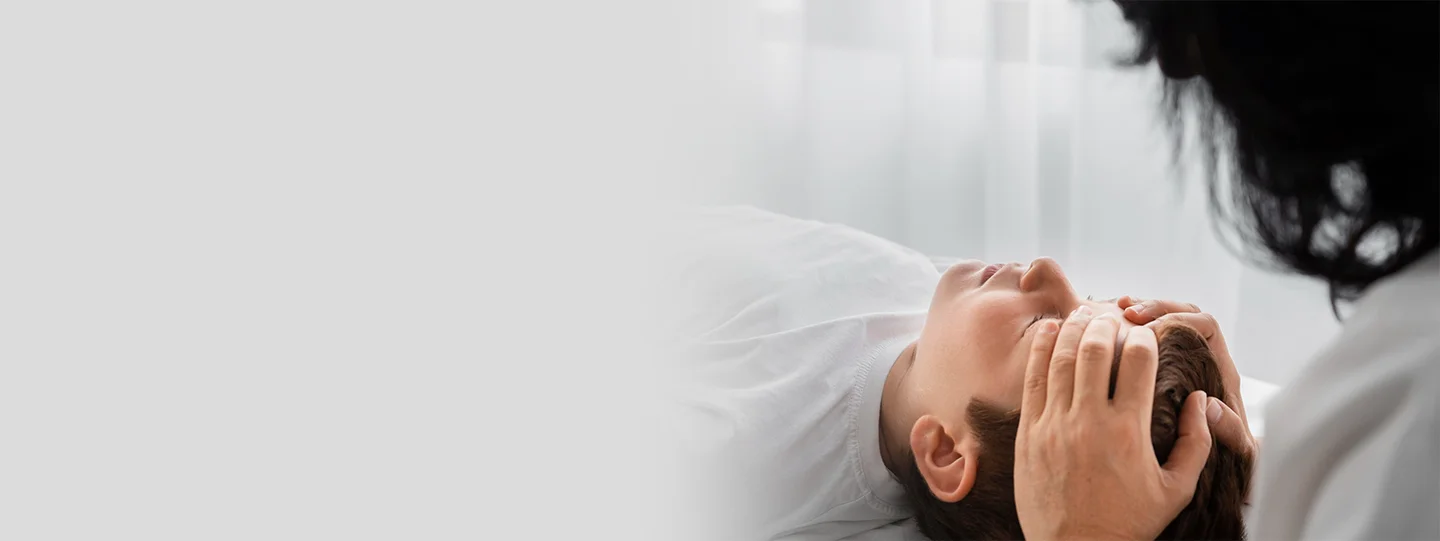

The word febrile means feverish. Febrile seizures are those seizures which are related to fever and affect children between the ages of 6 months and 5 years. These seizures are usually brief and do not require treatment with long-term antiepileptic drugs.
Breath holding spells or attacks are episodes in which a child holds in his or her breath. They are involuntary bodily responses to a sudden event. They can be of two types:
These episodes often start with the child crying in reaction to pain, anger, or fear.
Epilepsy in children is a treatable disorder. The treatment for epilepsy includes:
Yes, prolonged seizures can be life threatening. If your child suffers from poorly-controlled epilepsy, it is advised that he or she should avoid activities such as swimming or cycling.
The first person who will assess your child in case of academic problems would be your neurologist. After the initial assessment, you will be asked to consult a clinical psychologist.
It is possible that your child may experience certain side-effects like weight gain and sleepiness. However, these are reversible and not everyone who takes antiepileptic drugs gets side-effects.
If your child has delayed milestones, then you will be advised to take some tests to assess the reason for the delay. These tests may include:
To Book an Appointment or contact us directly.
